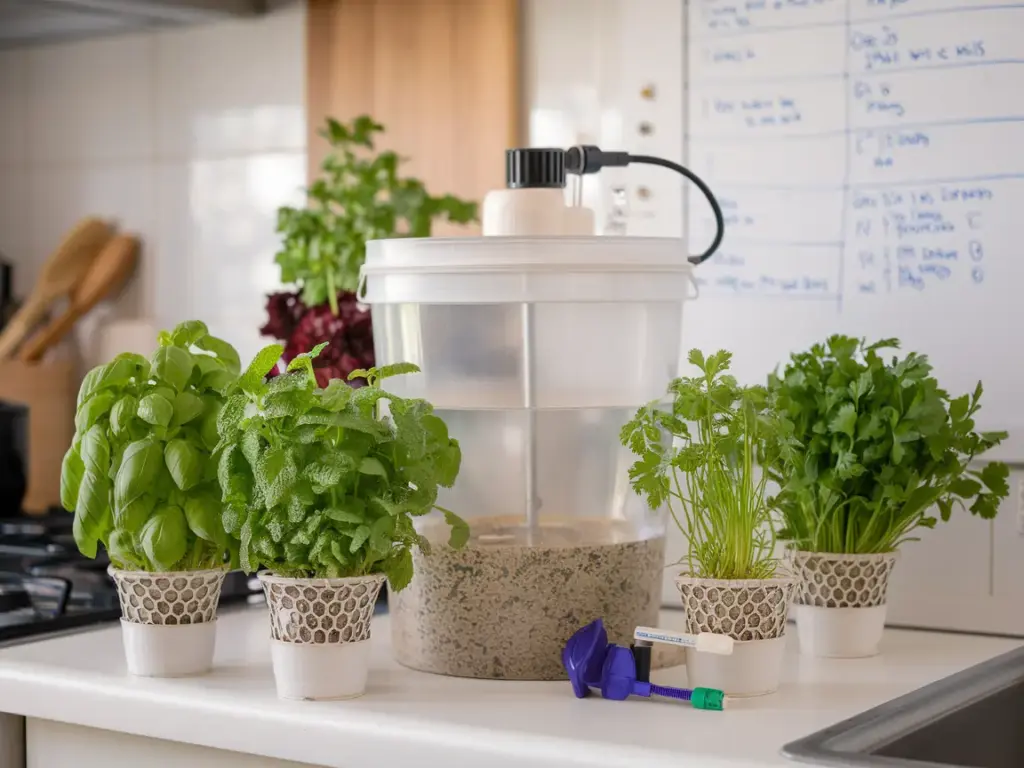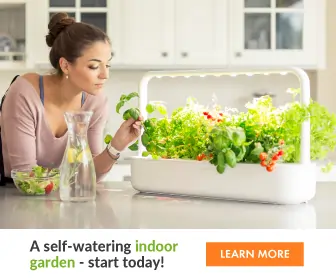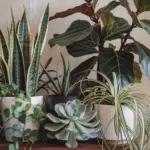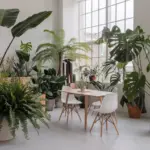4. Kitchen Counter Hydroponic Setup

Let me tell you about my first hydroponic adventure – I flooded my kitchen trying to be all fancy with a complex system! But after years of experimenting and teaching hydroponic workshops, I’ve developed a foolproof setup that’s perfect for beginners. No floods, just loads of fresh herbs!
Essential Components for Success
Here’s what you really need for a basic hydroponic herb garden:
- 5-gallon food-grade bucket
- Air pump with stone
- Net pots (3-inch size works best)
- Clay pellets (LECA)
- Growing medium (I use coconut coir)
The biggest game-changer was discovering that you don’t need an expensive system. My simple DIY setup outperforms my old $200 store-bought unit!
Nutrient Solution Management
Getting your water chemistry right is crucial. Trust me, I killed plenty of plants learning this! You’ll need:
- Hydroponic nutrients (I use a 3-part solution)
- pH testing kit
- TDS meter (total dissolved solids)
- pH up/down solutions
Here’s my foolproof formula: Start with 1/4 strength nutrients for the first two weeks, then gradually increase to full strength. I write all my measurements on a whiteboard right above my setup – no more guessing games!
Hydroponic Herb All-Stars
Not all herbs love growing in water. These are my consistent winners:
- Basil (grows like crazy!)
- Mint (almost impossible to kill)
- Cilantro (ready in 3 weeks)
- Parsley
- Dill
The surprising superstar? Thai basil! It grows twice as fast in hydroponics compared to soil, and the flavor is incredibly intense.
Weekly Maintenance Routine
Here’s my tried-and-true schedule:
- Daily: Check water level
- Twice weekly: Test pH and TDS
- Weekly: Complete nutrient change
- Monthly: Deep clean system
My secret weapon for maintenance? I set phone reminders for each task. Before I started doing this, I’d forget and end up with some very unhappy herbs!
Troubleshooting Like a Pro
Common issues I’ve faced (and solved):
- Yellow leaves: Usually nitrogen deficiency
- Root rot: Add hydrogen peroxide solution
- Leggy growth: Adjust LED height
- Nutrient burn: Flush system with plain water
The most valuable lesson I’ve learned? Keep a garden journal. Every problem and solution gets recorded, making future troubleshooting so much easier.
Ready to get mobile with your herb garden? Click that next button to discover my clever rolling cart garden design! I’ll show you how to create a portable herb paradise that can chase the sun around your home. Plus, I’ll share my brilliant solution for dealing with different light requirements on different levels – it’s like having multiple gardens in the space of one!









GIPHY App Key not set. Please check settings